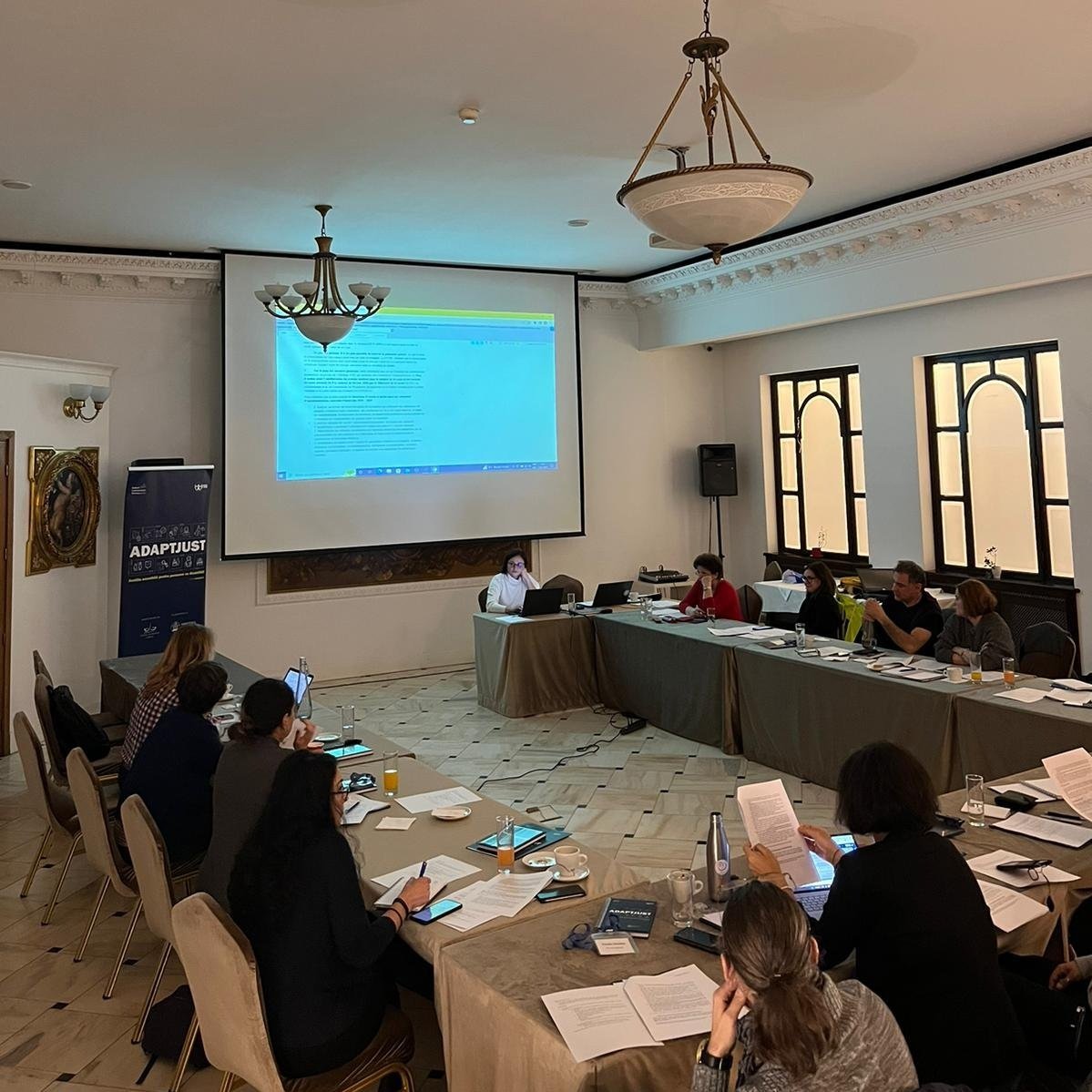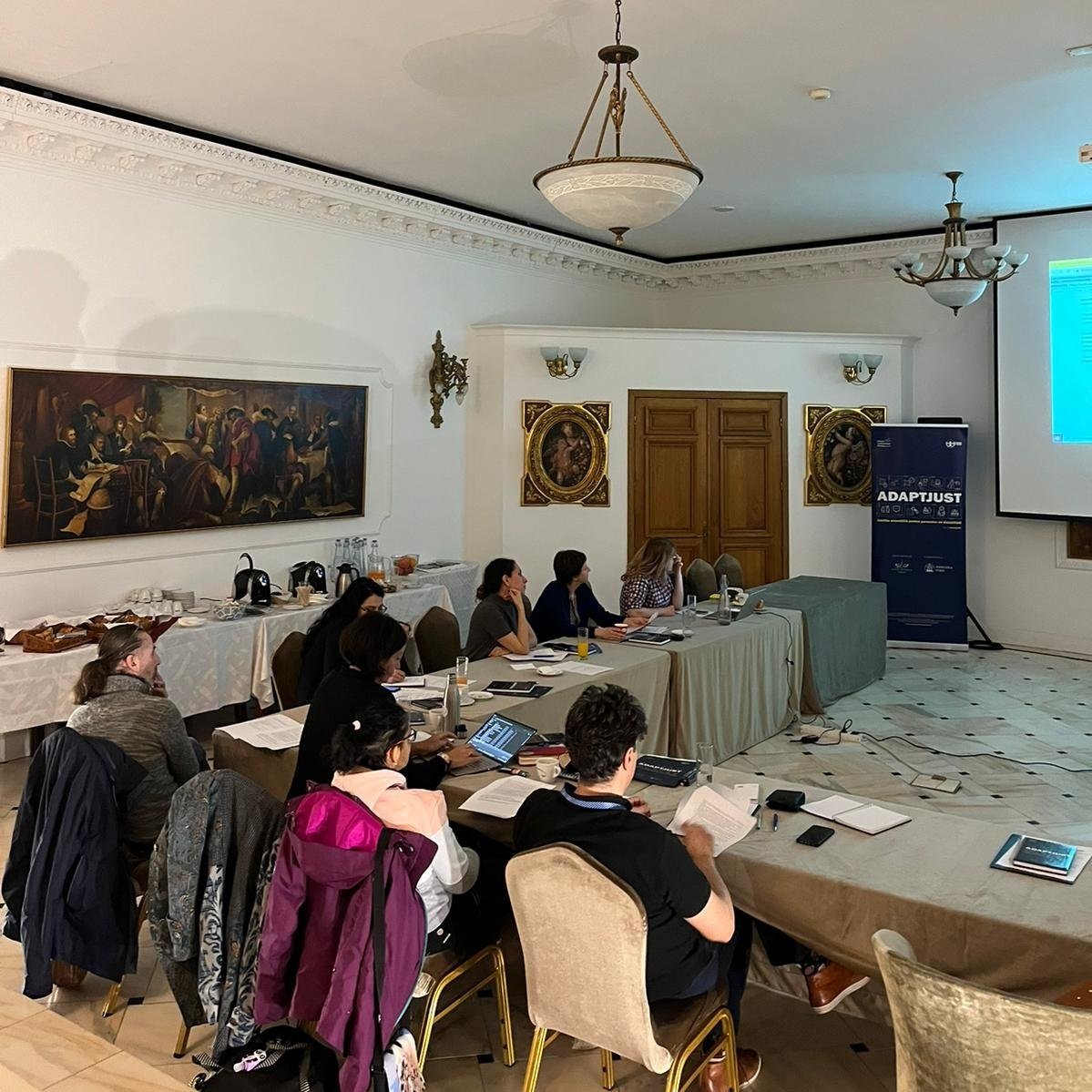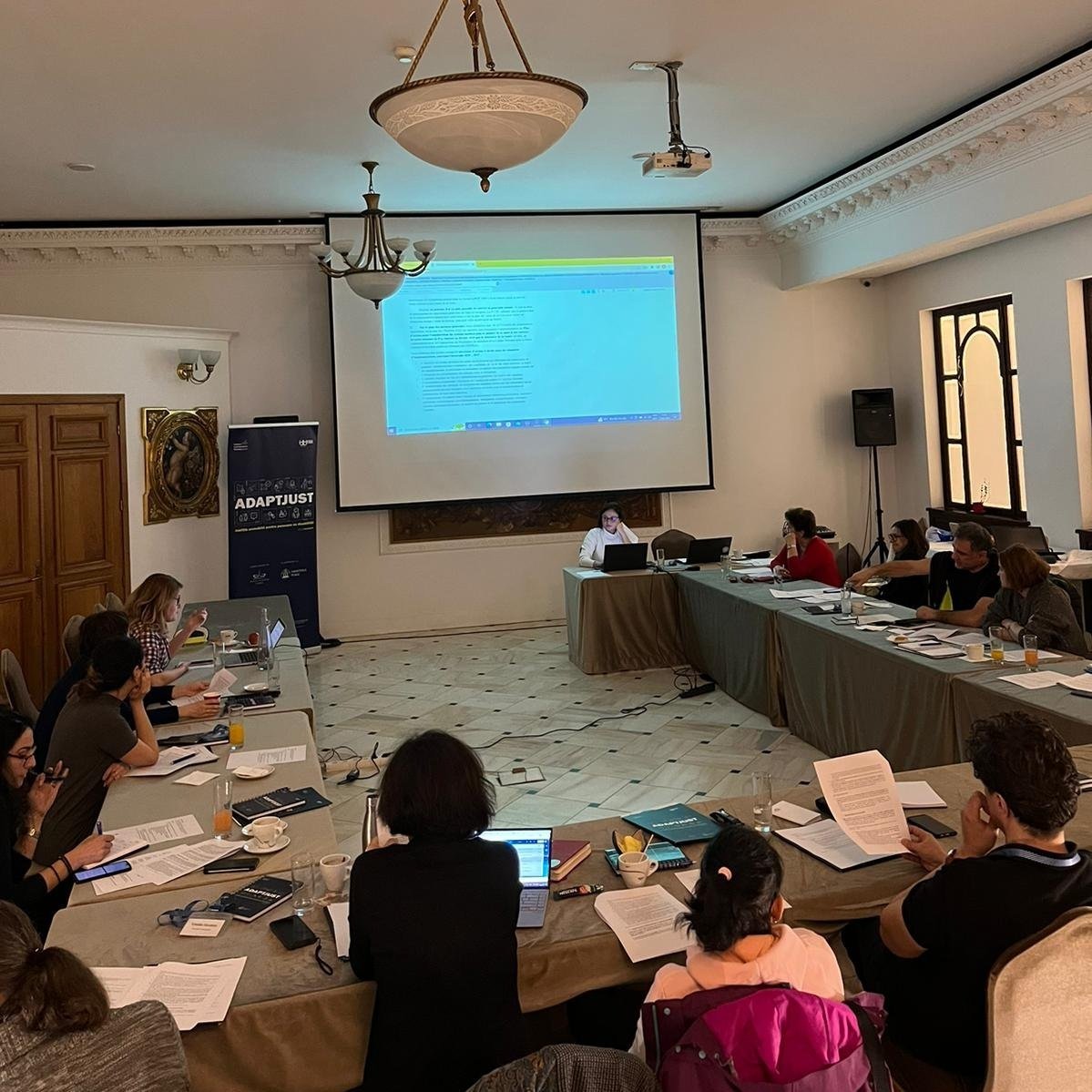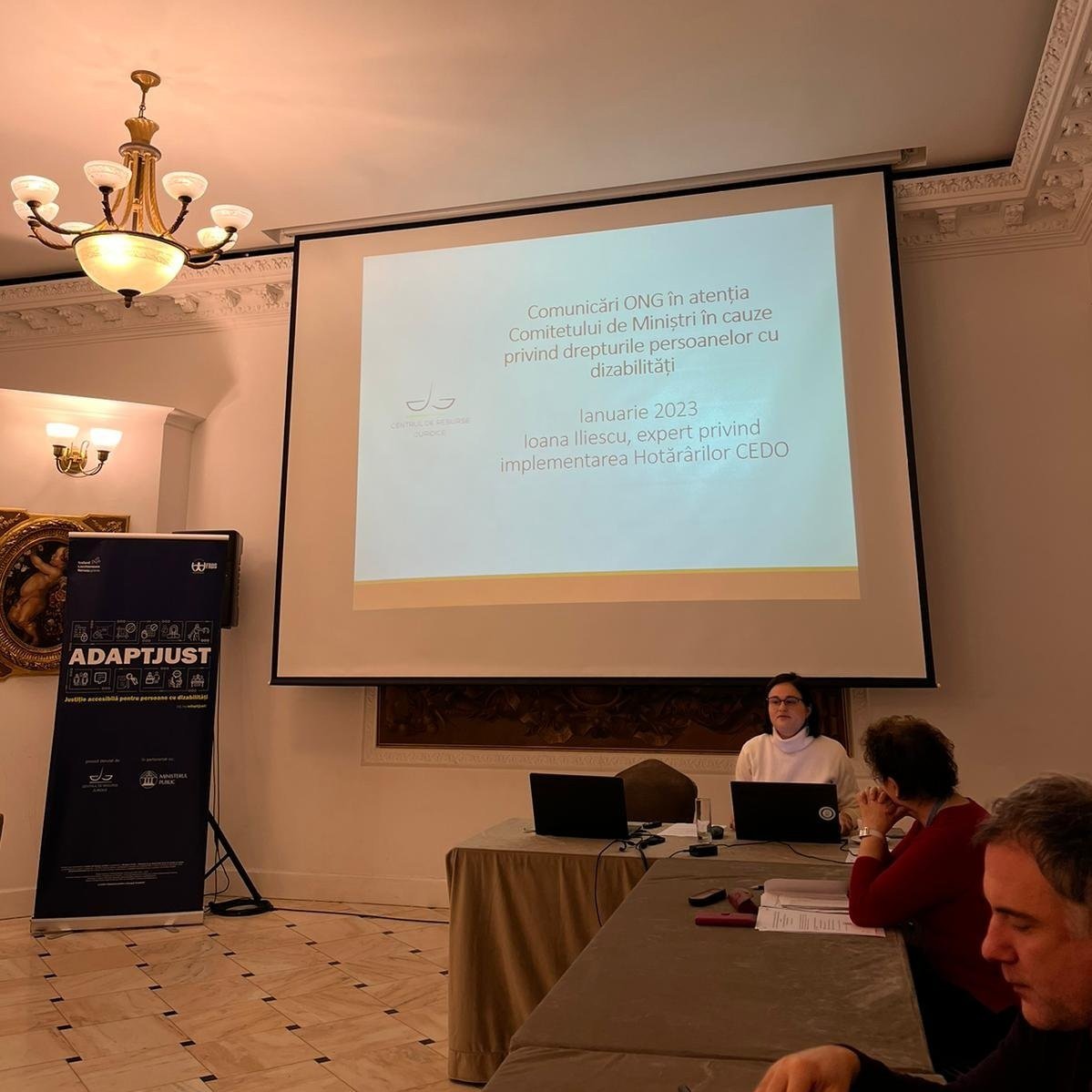Training Event: Implementing ECtHR Judgments Concerning Disability Rights and Mental Health in Romania
/On the 16th – 17th of January 2023, EIN held a two-day training session for NGOs, civil society activists, and self-representatives on implementation and Disability Rights and Mental Health in Romania.
This in-person training aimed to equip participants with the knowledge and tools they need to use the Committee of Ministers’ judgment execution process and to empower them to advocate for the full and effective implementation of the European Court of Human Rights (ECtHR) judgments in their field of work.
There are currently 13 leading ECtHR judgments pending implementation in Romania which concern the rights of persons with intellectual and psycho-social disabilities and mental health: Centre for Legal Resources on behalf of Valentin Campeanu v. Romania, E.B. v. Romania, Cinta v. Romania, N. v. Romania, N v. Romania (no. 2), Parascineti v. Romania, Cristian Teodorescu v. Romania, R.D. and I.M.D. v. Romania, Ţicu v. Romania, Solcan v. Romania, Stepanian v. Romania, B. v. Romania (no. 2), Epure v. Romania.
EIN is aware that the disability rights movement in Romania faces persistent challenges, given the disconnect between the standards set out by the UN Convention on the Rights of Persons with Disabilities and the legal and practical realities on the ground. As the European Convention of Human Rights is a living instrument, the jurisprudence of the Committee of Ministers is also subject to evolution – an evolution which can be influenced by civil society organizations’ involvement in the process. The decisions of the Committee of Ministers can, in turn, function as effective advocacy tools at national level.
Georgiana Pascu, Program Manager at the Center for Legal Resources (CLR), introduced CLR’s activities which focus on accessible justice for persons with disabilities and its’ aim to enhance the implementation of ECtHR judgments concerning the rights of persons with intellectual and psycho-social disabilities and mental health in Romania.
The training was held by Ioana Iliescu, Law and Advocacy Officer at the European Implementation Network. In the first session, participants were provided with insights into why advocating for ECtHR implementation is necessary, but also how it can facilitate human rights progress on the ground. Further, Ms. Iliescu explained the basics of the ECtHR implementation process, with a focus on the key elements involved.
The second session addressed how participants can get involved in the implementation process before the Committee of Ministers, providing participants with advice on making effective Rule 9 submissions to the Committee of Ministers, and presenting possibilities for expanding their “arsenal” of advocacy tools.
The third session of the training focused on the leading judgments concerning disability rights in Romania which are pending implementation, as well as their status of implementation, and on examples of good practices from other Rule 9 submissions made in ECtHR judgments concerning disability rights in other states.
The final training session concluded with an exercise giving participants the opportunity to discuss how they would engage with the implementation of the ECtHR judgments Parascineti v. Romania, which concerns living conditions and care afforded to patients in psychiatric hospital facilities, and Cristian Teodorescu v. Romania, which concerns legislative deficiencies as regards the procedure and safeguards for involuntary placement in psychiatric hospital facilities.
We thank everyone who joined the two-day training event, and we hope to see your submissions and engagement with the implementation of ECtHR judgments in the future.





